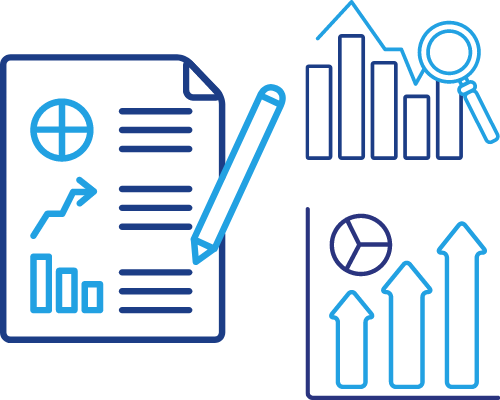About Sleman HDSS
Health and Demographic Surveillance System (HDSS) is a population-based survey that periodically collects data on population transition, health status and social transition over a period. In 2014, Faculty of Medicine, Public Health, and Nursing at Universitas Gadjah Mada, in collaboration with the Government of Sleman Regency, initiated the Sleman HDSS. The first wave of data collection was carried out from January to April 2015, the subsequent data collections are conducted annually.





